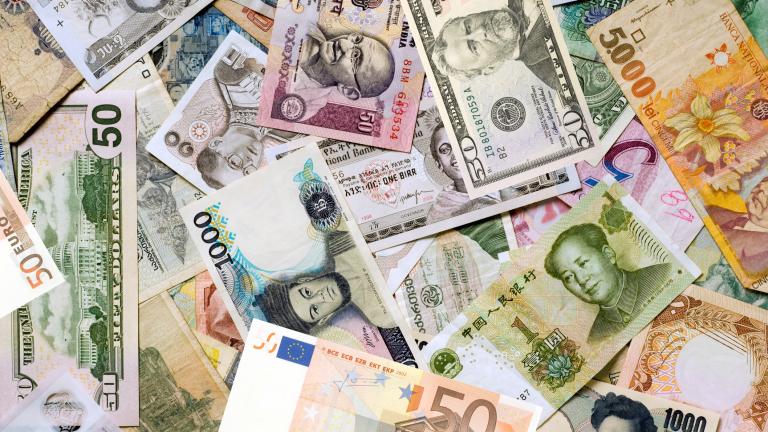Earlier this month Shell’s share price hit a new record high, with those gains accelerating after new CEO Wael Sarwan pushed back in June on the previous strategy of renewables at any cost, saying that "We need to continue to create profitable business models that can be scaled at pace to truly impact the decarbonisation of the global energy system.
We will invest in the models that work – those with the highest returns that play to our strengths" in a broadside at some of the recent reckless narrative and almost hysterical calls to cut back on fossil fuel use whatever the cost.
While this has caused some unease in some parts of the Shell business it appears to be an acknowledgment of the reality that the transition to renewables will be a gradual process especially given the current levels of geopolitical uncertainty that are serving to drive the costs of the energy transition ever higher.
It is a little worrying that politicians have been unable to grasp this reality, as the silent majority push back at the prospect that this transition will be ruinously expensive if done too quickly.
When Shell reported its Q2 numbers in July profits fell short of expectations due to the sharp falls in both natural gas and crude oil prices that occurred over that quarter.
The rally in oil and gas prices since then has ensured that this hasn’t happened this time with profits coming in line with forecasts, which given that all its peers saw their numbers come in light is particularly notable.
Q3 profits came in at $6.22bn, in line with expectations helped by improvements in refining margins as well as higher oil and gas prices and a better performance in its trading division.
The integrated gas part of the business saw profits remain steady and were in line with Q2 at $2.5bn.
Upstream saw a solid improvement on Q2’s $1.68bn, rising to $2.22bn, although we’ve still seen a steep fall from the same quarter last year.
On renewables we saw that part of the business sink to a loss of -$67m, due to lower margins and seasonal impacts in Europe, as well as higher operating expenses.
Shell’s chemicals and products division also did much better in Q3, its profits rising to $1.38bn helped by an improvement in refining margins due to lower global product supply as well as higher margins in trading and optimisation, although chemicals were still a drag on profitability overall.
On the outlook Shell nudged the upper end of expectations for capital expenditure down by $1bn to between $23bn to $25bn, as well as increasing the buyback to $3.5bn.
All in all, a steady set of numbers with the shares modestly higher on the day, as Shell continues to put further daylight between itself and its UK rival BP.
Disclaimer: CMC Markets is an execution-only service provider. The material (whether or not it states any opinions) is for general information purposes only, and does not take into account your personal circumstances or objectives. Nothing in this material is (or should be considered to be) financial, investment or other advice on which reliance should be placed. No opinion given in the material constitutes a recommendation by CMC Markets or the author that any particular investment, security, transaction or investment strategy is suitable for any specific person. The material has not been prepared in accordance with legal requirements designed to promote the independence of investment research. Although we are not specifically prevented from dealing before providing this material, we do not seek to take advantage of the material prior to its dissemination.





